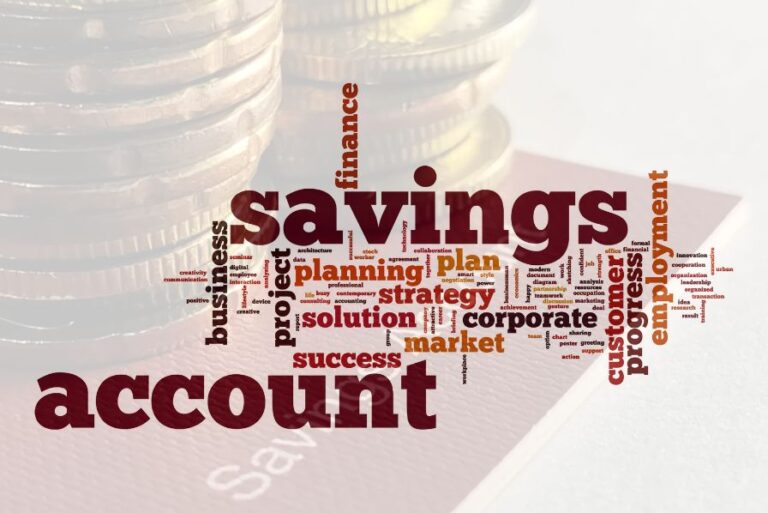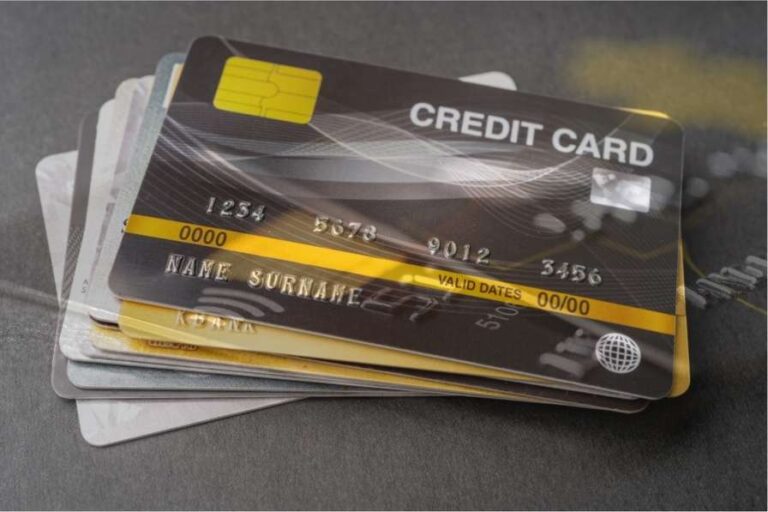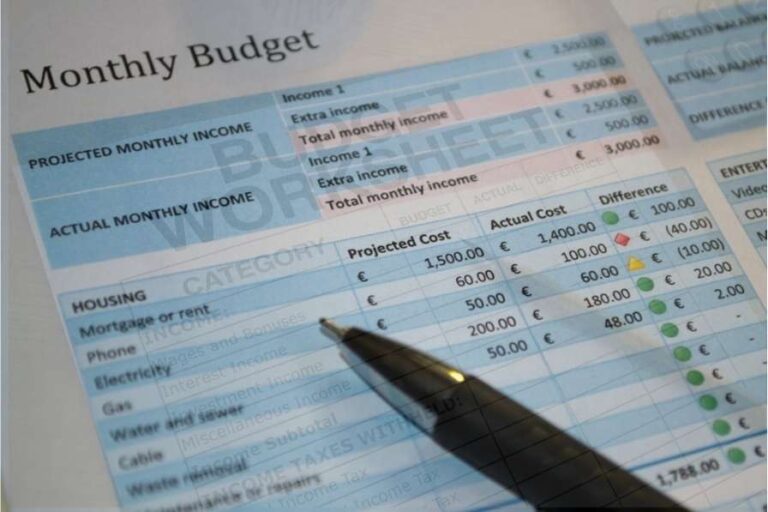How to Build a Strong Financial Foundation in Your 20s

How to Build a Strong Financial Foundation in Your 20s
Your 20s are a critical time for setting up a solid financial future. The choices you make now can have long-lasting impacts on your financial security, career prospects, and overall well-being. Building a strong financial foundation in your 20s isn’t just about saving money—it’s about making informed, thoughtful decisions that set you up for success. Whether you’re fresh out of school, starting your career, or exploring side hustles, now is the perfect time to take charge of your finances.
Let’s walk through the essential steps to build a strong financial foundation in your 20s.
1. Beginner’s Guide to Personal Finance: Starting Strong in Your 20s
When you’re in your 20s, it might seem like personal finance is all about budgeting and paying bills, but there’s more to it than that. Personal finance is about managing your money wisely, so you can live comfortably today while planning for the future. Here are the key aspects to focus on:
- Track Your Spending: Knowing where your money goes is the first step to managing it better. Use apps like Mint or YNAB (You Need a Budget) to keep track of your income and expenses. This will give you an overview of your financial situation and help you identify areas where you can cut back.
- Create a Budget: Once you know where your money is going, create a budget that allocates money for essentials like housing, groceries, utilities, and debt payments. Don’t forget to account for savings and entertainment. Following the 50/30/20 rule (50% needs, 30% wants, 20% savings) can help you maintain balance.
- Pay Yourself First: Instead of saving what’s left after spending, pay yourself first. Set up an automatic transfer to a savings or investment account the moment you receive your paycheck. This habit ensures that you are consistently building your wealth, even if it’s in small amounts at first.
2. How to Set Realistic Financial Goals in Your 20s
Setting financial goals in your 20s can be overwhelming, but clear, realistic goals provide direction and motivation. To set goals that are achievable, consider the SMART method—Specific, Measurable, Achievable, Relevant, and Time-bound. Here’s how to apply it to your financial life:
- Short-term Goals (1-2 years): Examples include paying off credit card debt, building an emergency fund, or saving for a big purchase (like a car). Focus on achieving one or two goals at a time, so you don’t feel overwhelmed.
- Mid-term Goals (3-5 years): These might include saving for a down payment on a home or funding higher education. You may need to break these goals down into smaller steps, like saving a certain amount each month.
- Long-term Goals (5+ years): Long-term goals can include retirement planning, paying off student loans, or creating wealth through investments. Think about where you want to be financially in 5 or 10 years and start planning now.
3. Building Credit from Scratch: A Step-by-Step Plan for Young Adults
Building good credit in your 20s is crucial, as a strong credit score can affect your ability to rent an apartment, buy a car, or even get a job. Here’s a step-by-step guide for establishing your credit:
- Start with a Credit Card: If you don’t already have credit, consider applying for a secured credit card, which requires a deposit as collateral. Use the card for small purchases and pay it off in full each month to avoid interest charges.
- Make Payments on Time: Payment history makes up 35% of your credit score. Always pay at least the minimum payment on time to build a positive credit history.
- Keep Your Credit Utilization Low: Aim to use less than 30% of your available credit. For example, if your credit limit is $1,000, try not to carry a balance higher than $300.
- Monitor Your Credit: Check your credit report at least once a year for any errors or fraud. You can get a free report from each of the three major credit bureaus—Equifax, Experian, and TransUnion—once every 12 months at AnnualCreditReport.com.
4. The Importance of Emergency Funds and How to Build One in Your 20s
Life is unpredictable, and having an emergency fund can provide peace of mind. Whether it’s a medical emergency, a car repair, or a job loss, an emergency fund can keep you from going into debt during tough times. Here’s how to start:
- Set a Goal: Aim to save at least 3-6 months’ worth of living expenses. If that seems daunting, start with $500 and build up over time.
- Open a Separate Account: Keep your emergency fund in a separate savings account to avoid the temptation to dip into it for non-emergencies.
- Automate Your Savings: Set up an automatic transfer from your checking account to your savings account each payday. This makes saving effortless.
5. Investing in Your 20s: What You Need to Know to Get Started
Investing early in life can help you build wealth over time, thanks to compound interest. Here’s how to get started with investing in your 20s:
- Start with Retirement Accounts: Contribute to a 401(k) or an IRA (Individual Retirement Account) if you can. Many employers offer a 401(k) match, which is essentially free money. Aim to contribute at least enough to get the match.
- Learn About Stock Market Investing: Consider opening a brokerage account and investing in low-cost index funds or ETFs (Exchange-Traded Funds). These funds give you exposure to a broad range of stocks, reducing risk and making investing more accessible.
- Start Small: You don’t need a lot of money to start investing. Many platforms allow you to start with as little as $50 or $100 per month.
6. How to Avoid Common Financial Pitfalls in Your 20s
While your 20s are a time to experiment and learn, there are some common financial pitfalls to avoid:
- Living Beyond Your Means: It’s tempting to live the high life, but overspending on luxury items or living in an expensive apartment can leave you with little money for saving and investing.
- Ignoring Student Loan Debt: If you have student loans, make sure to keep up with payments. Missing payments can hurt your credit and lead to high-interest charges.
- Not Building Credit Early: Establishing good credit is essential for making big purchases down the road. Start building your credit now to avoid a low score later.
7. The Psychology of Money: How Your Mindset Affects Your Financial Choices
Your attitude toward money can have a significant impact on your financial success. Developing a healthy relationship with money involves:
- Being Mindful of Spending: Avoid impulse purchases by adopting a more mindful approach to spending. Before buying something, ask yourself if you really need it or if it’s just an emotional purchase.
- Building Positive Habits: Financial success isn’t about one big windfall; it’s about developing habits that support your long-term goals. Commit to paying off debt, saving consistently, and making informed financial decisions.
8. Side Hustles for Extra Cash: How to Make Money While Building Your Future
Side hustles are a great way to supplement your income, pay off debt, and save for future goals. Here are some ideas:
- Freelancing: Use skills like writing, graphic design, or programming to take on freelance work. Websites like Upwork and Fiverr can help you find clients.
- Rideshare or Delivery Services: Drive for Uber or deliver food with services like DoorDash to earn extra cash on the side.
- Sell Products Online: Consider starting an online store on platforms like Etsy or eBay to sell handmade goods or items you no longer need.
9. How to Build a Solid Financial Plan for Your 20s and Beyond
A financial plan serves as your roadmap to financial freedom. To create one:
- Assess Your Current Financial Situation: Review your income, expenses, debts, and assets. Understand where you stand before setting specific goals.
- Define Your Goals: Whether it’s buying a house, saving for retirement, or traveling, make your financial goals clear and measurable.
- Create a Strategy: Develop a strategy to reach your goals. Break larger goals into smaller, actionable steps, and set deadlines.
10. The Best Money Management Tools and Apps for Young Adults
Using the right tools can help you stay organized and on track. Here are some of the best apps for young adults:
- Mint: This free app tracks your spending, helps you create budgets, and provides a snapshot of your financial health.
- YNAB (You Need a Budget): YNAB is a budgeting tool that helps you give every dollar a job and live within your means.
- Acorns: Acorns rounds up your purchases and invests the spare change, making investing automatic and effortless.
- Robinhood or Fidelity: Both of these platforms allow you to buy and sell stocks, ETFs, and other investments with low fees.
Conclusion
Building a strong financial foundation in your 20s requires intentionality, discipline, and a long-term perspective. By setting goals, building credit, saving for emergencies, and investing wisely, you can set yourself up for financial success in the years ahead. Start small, stay consistent, and you’ll be amazed at how quickly your financial foundation grows.






